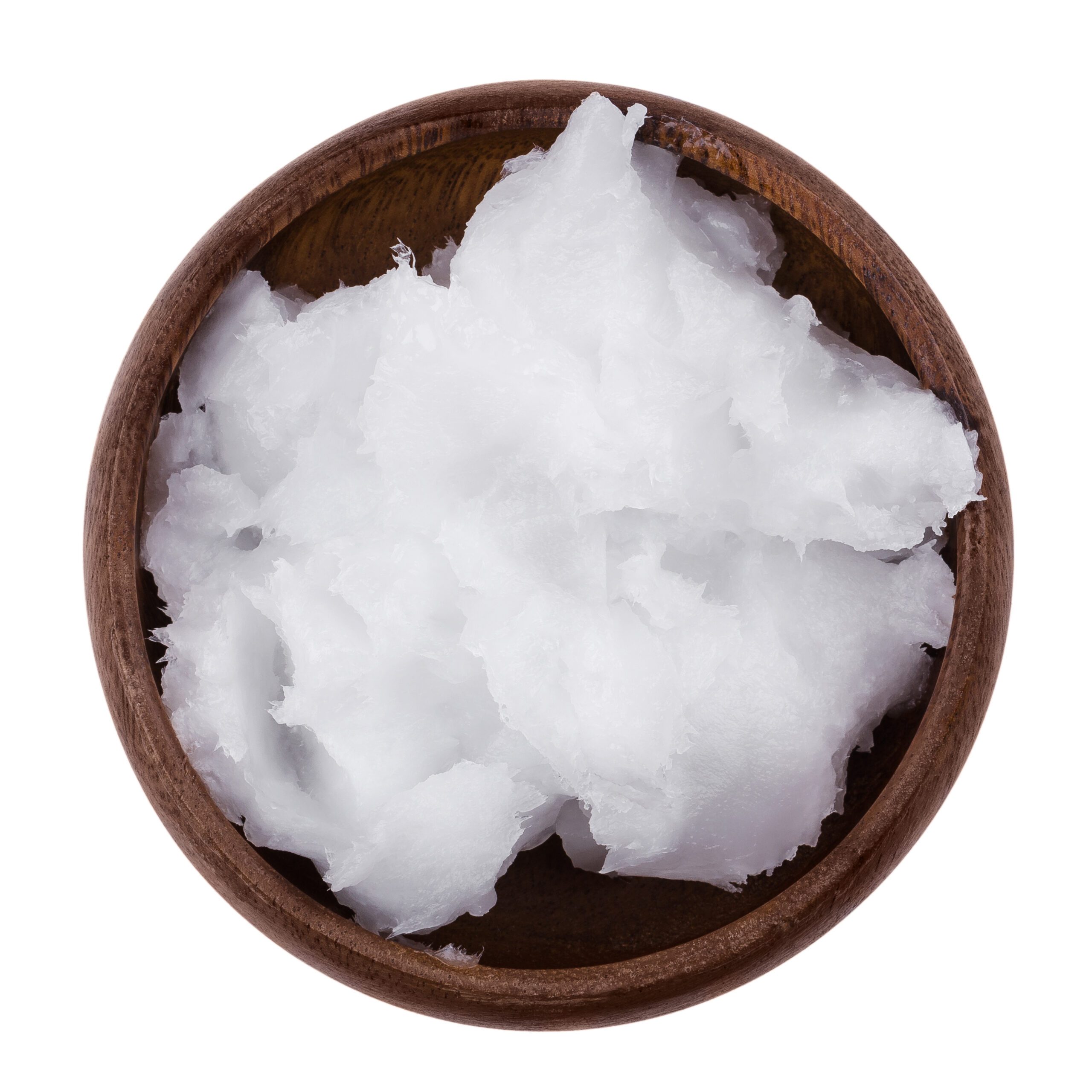
Most everyone loves the fresh smell and tropical taste of coconut. In fact, the very scent can take you miles away and conjure up images of a tropical paradise, and pina coladas by the beach. However, did you know that coconut oil has been used as a medicinal treatment for thousands of years? Coconut oil is a superfood with numerous health benefits.
As it turns out, coconut oil used to be a typical ingredient found in everyday kitchens back in our grandparents’ generation, but fell out of favor with the public when a smear campaign was waged against “tropical” oils in the 1980’s. However, studies confirmed that coconut oil doesn’t contain the type of saturated fats found in cheeseburgers.
Coconut oil is high in MCTs
Unlike the type of saturated fats found in cheeseburgers, coconut oil contains medium chain triglycerides, or MCTs, which are processed quite differently than regular saturated fats by our bodies. In fact, medium chain triglycerides can have therapeutic effects on the brain, which is why coconut oil is sometimes used as a natural treatment for Alzheimers, Parkinsons Disease, and other neurological disorders.
When our liver breaks down MCTs, that leads to an efficient burning of energy. In fact, a study in 2009 found that coconut oil helped women not only to maintain their weights, but also to lose abdominal fat, which is a very difficult type of fat to lose.
Not to mention, coconut oil is high in lauric acid, which is a kind of MCT. Coconut oil and human breast milk contain the highest amounts of lauric acids of any natural foods. Lauric acid can help to improve your cholesterol, normalize thyroid functions, and regulate our hormones.
Coconut oil is booming!
Luckily, as research has continued, the public has gained more knowledge about coconut oil, and the oil is now a booming trend! In fact, David Palmquist, a Whole Foods employee in Louisville, says that coconut oil is one of the store’s most popular products. Whole Foods stocks more than 10 different brands of coconut oil, which is a dramatic shift from just a few years ago.
Many attribute coconut oil’s recent popularity to Dr. Oz, who mentioned the oil on his show in 2012. Dr. Oz spoke very highly of coconut oil, and mentioned its effects on reducing cholesterol and even helping with losing weight. After this bit of great publicity, coconut oil jumped back into the spotlight, and won the hearts of millions of Americans.
The health benefits of coconut oil
Many different studies have been conducted on the health benefits of coconut oil. Researchers have proven that coconut oil is heart healthy, and can even reduce the risk of cancer. Coconut oil can also be used to treat various infections, and skin conditions, as lauric acid is a natural antimicrobial agent.
Many recent studies have focused on coconut oil for relieving the symptoms of Alzheimer’s disease. Some reports show that coconut oil has helped to improve, and even reverse the effects of Alzheimer’s disease. You see, Alzheimer’s is now classified as a type of diabetes that many refer to as “type 3”. Types 1 and 2 of diabetes have also seen positive results with coconut oil.
Thus, coconut oil is truly healthy all around. It can reduce and reverse many diseases, increase your metabolism, and increase your heart healthiness.
Skin and hair benefits of coconut oil
Coconut oil has been reported to help with a variety of skin problems ranging from acne to fungal infections. It can even be used as a natural treatment for candida infections. Psoriasis, Rosacea, and Eczema can also be treated using coconut oil, as the oil is rich in anti-bacterial, and moisturizing properties.
Coconut oil can also be used as a natural hair conditioner. Not only will your hair look healthier, and shinier, but it was also smell like the tropics. Coconut oil also helps to reduce dandruff, and can even kill lice. As you can see, coconut oil offers numerous benefits for your hair, scalp, and skin.

A new study suggests that a widely used sugar substitute found in diet sodas, chewing gum, and low-sugar yogurt may elevate insulin levels. This could increase the long-term risk of heart disease. “Artificial sweeteners have infiltrated nearly all types of food, making it crucial to understand their long-term health effects,” said Yihai Cao, senior author […]

Diet Coke has long been a fan-favorite among soda lovers who want a fizzy, guilt-free alternative to traditional soft drinks. While its zero-calorie, zero-sugar label makes it seem like a healthier option, the reality is far more concerning. Despite its undeniable popularity, Diet Coke’s nutritional profile has raised red flags among health experts for years. […]

New study shows that embracing an anti-inflammatory, plant-forward diet can support cognitive function and help reduce the risk of dementia. What You Eat Shapes Your Brain The food you eat doesn’t just impact your body—it also affects your brain. Research suggests that eating an anti-inflammatory, plant-based diet can help improve memory, focus, and overall brain […]